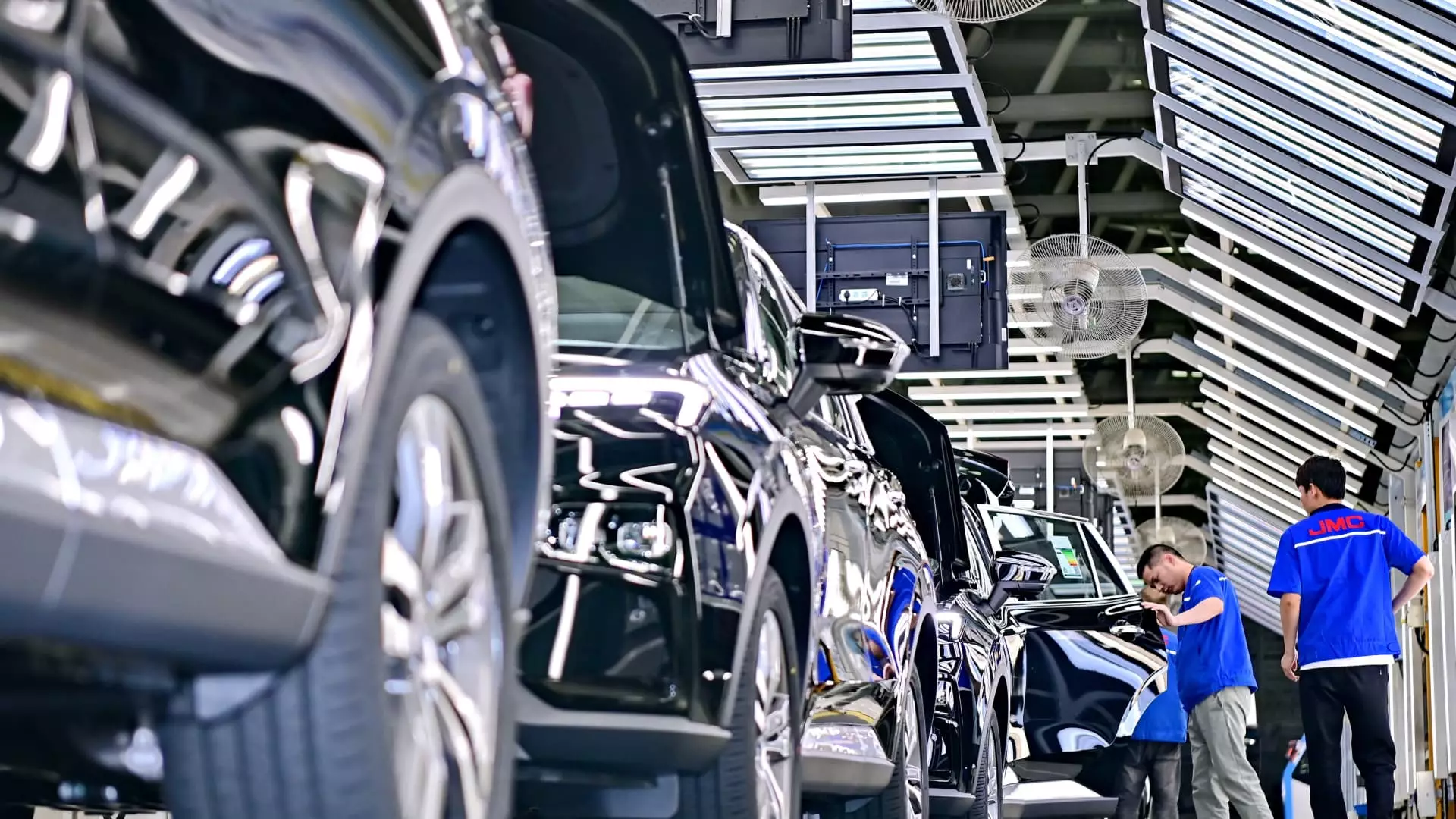China is currently in discussions with the European Union regarding the planned tariffs for imported Chinese electric cars. The European Commission had previously stated that if talks did not progress favorably, additional duties on imported Chinese EVs would be implemented on July 4th. The Ministry of Commerce in China expressed their desire to come to an agreement with the EU before definitive measures are put in place.
The Chinese Ministry of Commerce spokesperson, He Yadong, emphasized the importance of compromise and sincerity from both sides in order to expedite the negotiation process. He addressed China’s opposition to the EU’s anti-subsidy probe and highlighted the remaining four-month window for discussions. It is crucial for both parties to base their decisions on established rules and the current reality to achieve a mutually beneficial solution.
The Minister of Commerce in China, Wang Wentao, and the European Commission Trade Commissioner, Valdis Dombrovskis, engaged in virtual meetings on June 22nd to address the EU probe. While multiple rounds of technical talks have taken place between the two sides, the current status of these discussions remains unspecified. The investigation initiated by the EU last year focuses on the impact of subsidies on China’s electric vehicle industry.
The new energy vehicle sector, encompassing hybrid and battery-powered cars, has experienced significant growth in China. Automakers like BYD have begun exporting these vehicles to Europe and other markets. The Chinese government’s substantial investment of $230.8 billion over a period exceeding a decade underscores its commitment to developing the electric car industry. An analysis conducted by the U.S.-based Center for Strategic and International Studies sheds light on the magnitude of China’s financial support for this sector.
The ongoing negotiations between China and the European Union regarding electric car tariffs demonstrate the complexities of international trade relations. Both parties must exhibit flexibility and cooperation to reach a mutually acceptable agreement. The outcome of these discussions will not only impact the electric vehicle industry but also set a precedent for future trade interactions between China and the EU.

